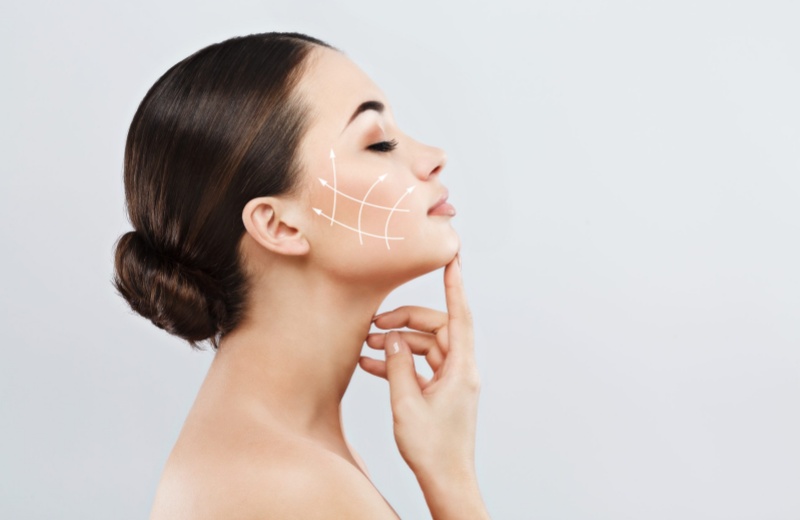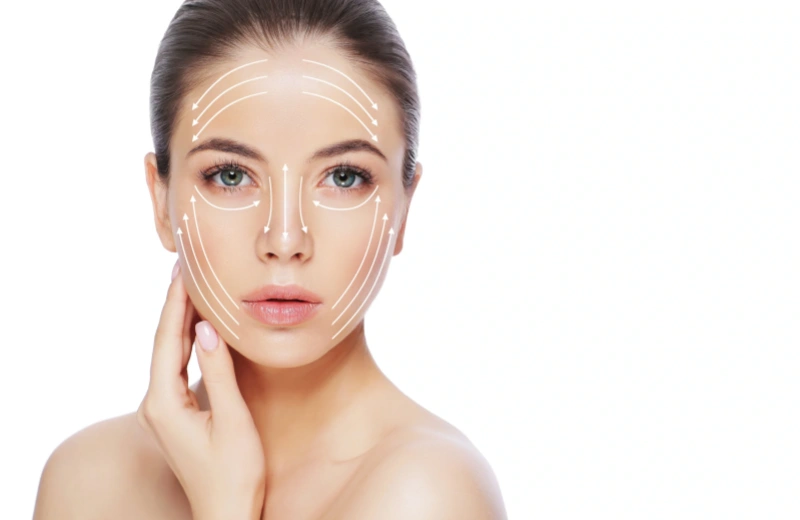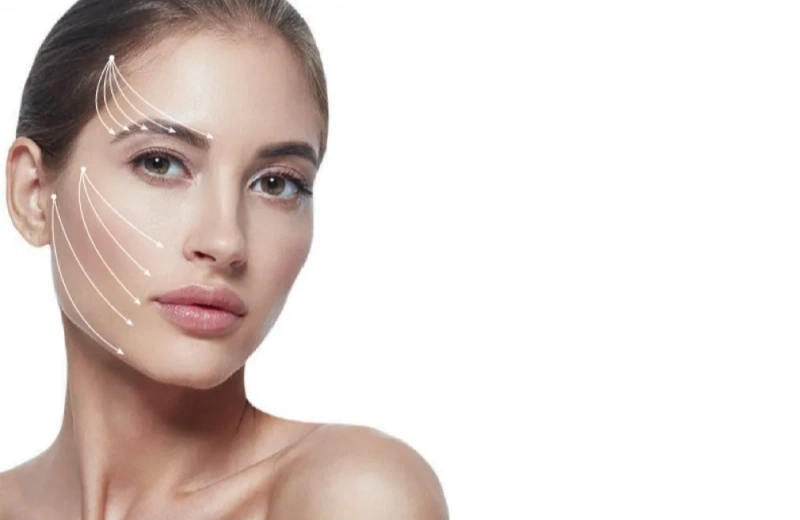One of the foundational aspects of Visage Study is the understanding of facial symmetry and proportion. Research has shown that symmetrical faces are often perceived as more attractive. This concept is rooted in the idea that symmetry indicates health and genetic fitness. Individuals can utilize this knowledge by focusing on enhancing their natural symmetry through various techniques, such as makeup application or facial exercises. Simple adjustments can make a significant impact on how one’s features are perceived.
Moreover, the emotional expression conveyed through facial features plays a vital role in attractiveness. A genuine smile or a warm expression can create a welcoming aura, making individuals more approachable. Learning to control and enhance facial expressions can significantly affect social interactions. Practicing mindfulness and being aware of one’s facial expressions can help individuals present themselves in a more positive light, fostering better connections with others.
Another important element of Visage Study is the relationship between skincare and facial aesthetics.

Healthy skin is often associated with youth and vitality, making it essential for an attractive appearance. Developing a personalized skincare routine that addresses specific skin concerns can lead to noticeable improvements. Ingredients such as hyaluronic acid, retinol, and vitamin C can rejuvenate the skin, providing a radiant glow. Consistency in skincare practices is key to achieving long-lasting results.
Nutrition also plays a crucial role in maintaining healthy skin and enhancing facial features. A balanced diet rich in vitamins, minerals, and antioxidants supports overall skin health. Foods high in omega-3 fatty acids, such as fish and nuts, can help reduce inflammation and promote a clear complexion. Staying hydrated is equally important, as proper hydration enhances skin elasticity and overall appearance. By prioritizing nutrition, individuals can significantly improve their facial aesthetics from within.
In addition to physical aspects, the psychological components of Visage Study are essential for fostering self-confidence.

How individuals perceive themselves directly impacts their attractiveness. Engaging in self-care practices, such as positive affirmations and mindfulness techniques, can help build self-esteem. When individuals feel confident in their appearance, they naturally exude a more attractive presence, which can enhance their social interactions.
Furthermore, embracing individuality is a key takeaway from Visage Study. Beauty is not one-size-fits-all, and recognizing the uniqueness of one’s features can lead to greater self-acceptance. Celebrating diversity in facial aesthetics enriches the human experience and encourages individuals to express themselves authentically. This appreciation for uniqueness can inspire others to embrace their own features, fostering a more inclusive definition of beauty.
Incorporating the principles of Visage Study into daily life empowers individuals to enhance their facial aesthetics while gaining a deeper understanding of beauty. By focusing on symmetry, emotional expression, skincare, nutrition, and self-confidence, individuals can navigate their journey toward improved facial attractiveness. The insights from Visage Study not only enrich personal beauty but also cultivate a broader appreciation for the diverse expressions of human aesthetics.



